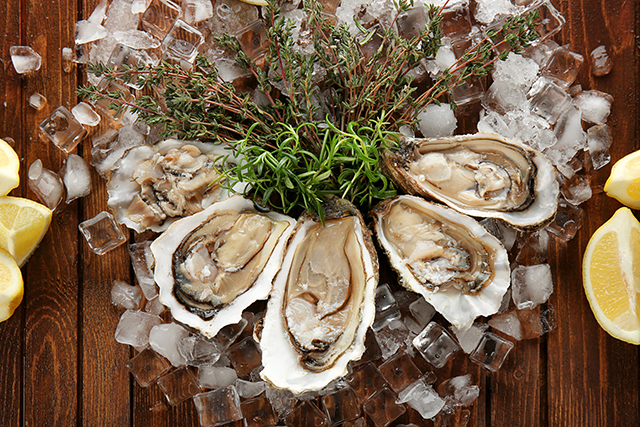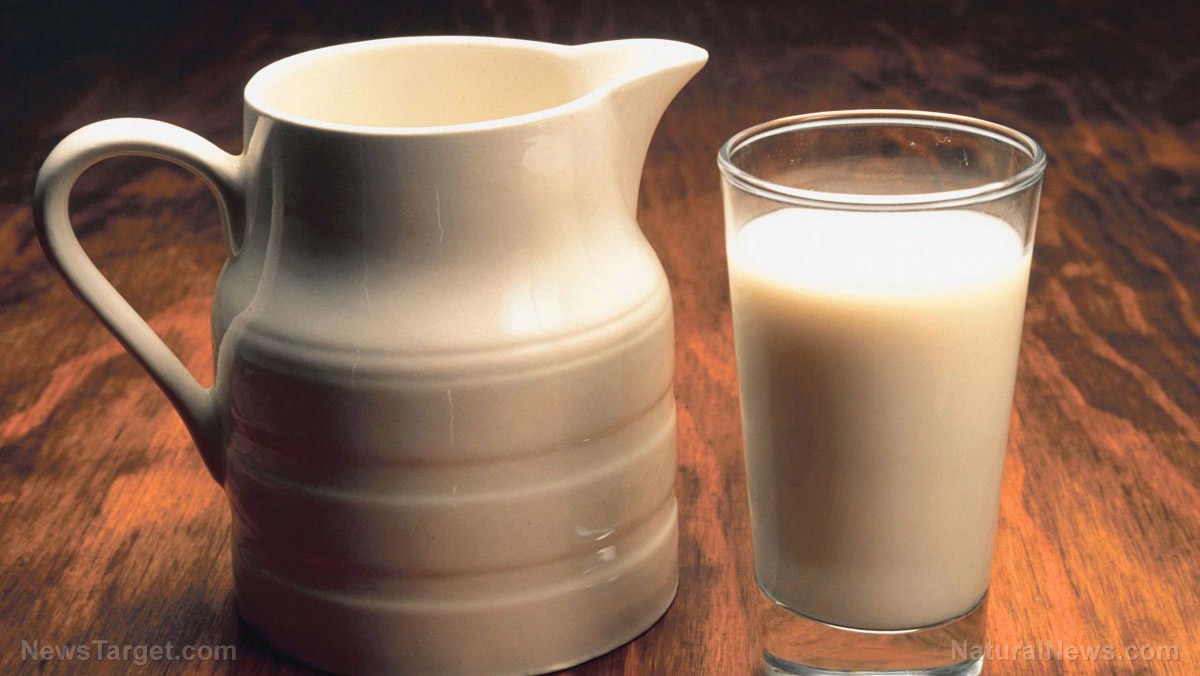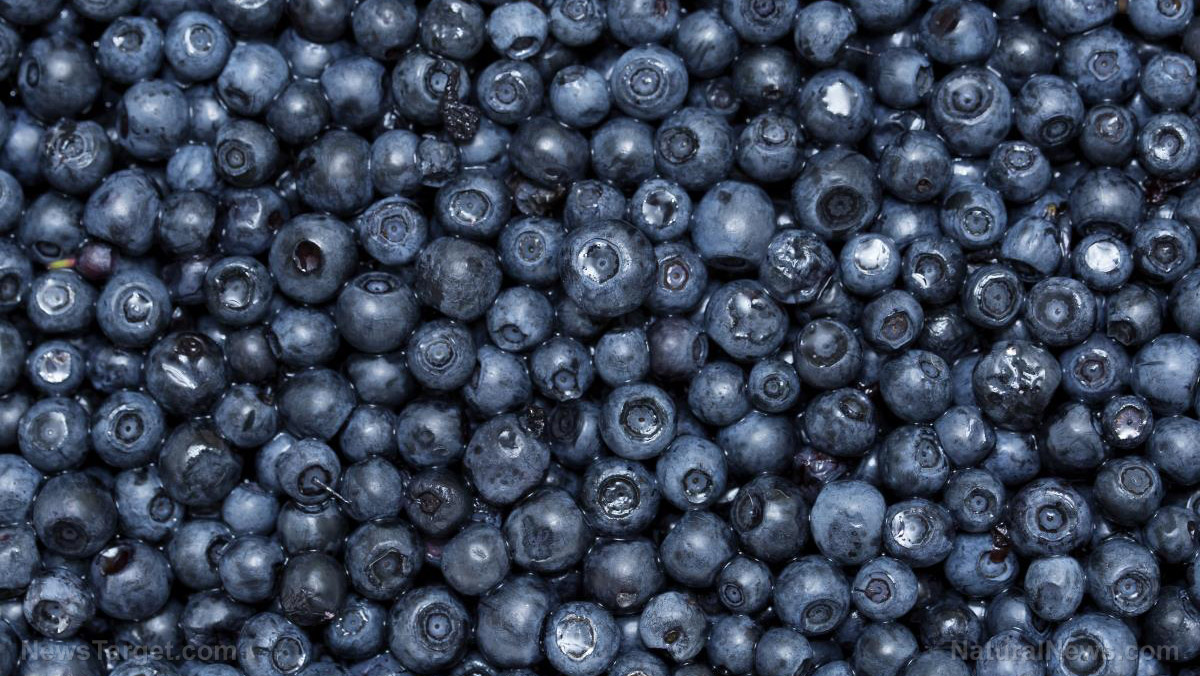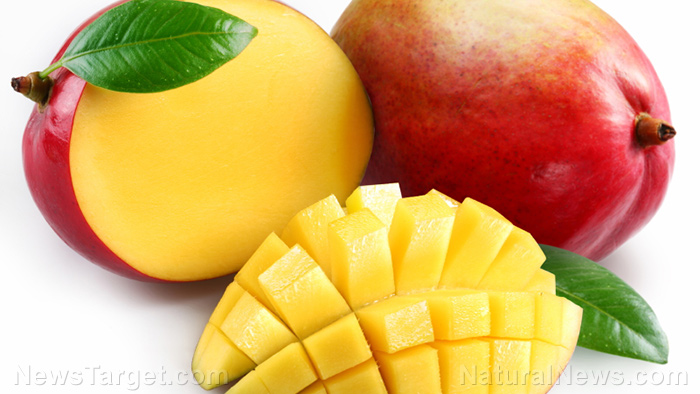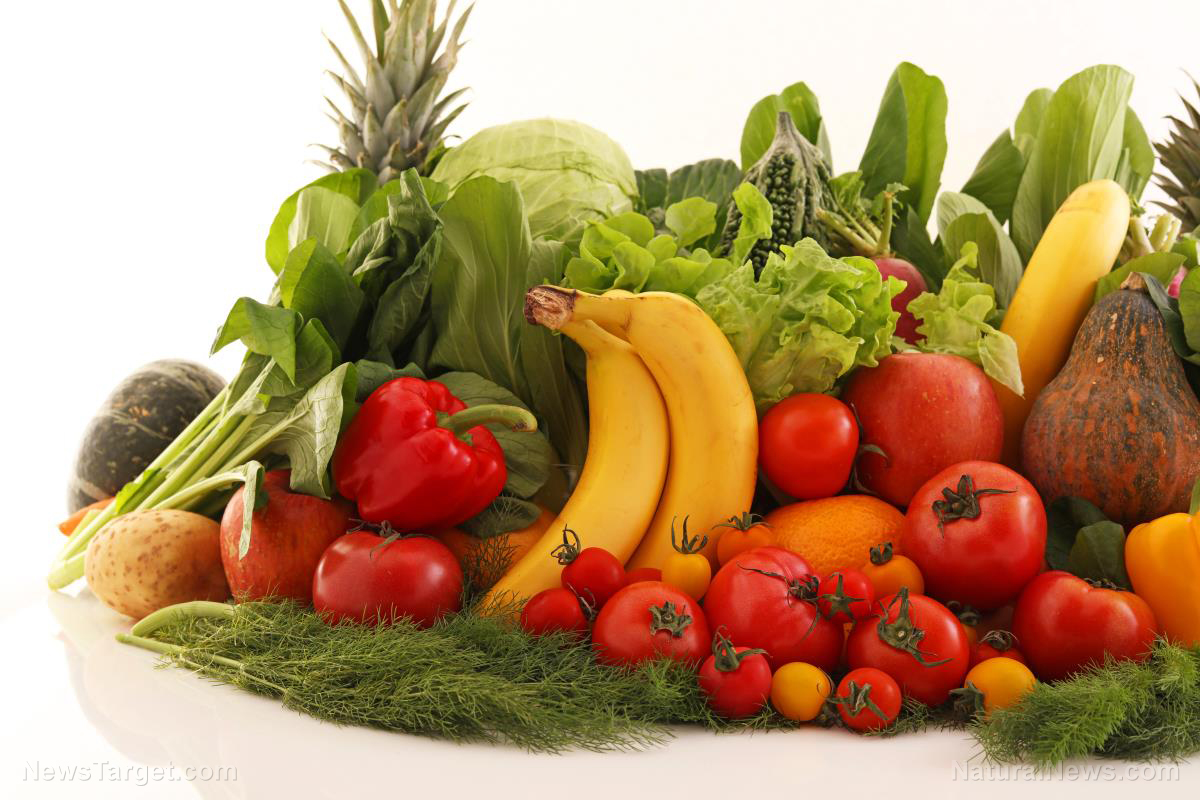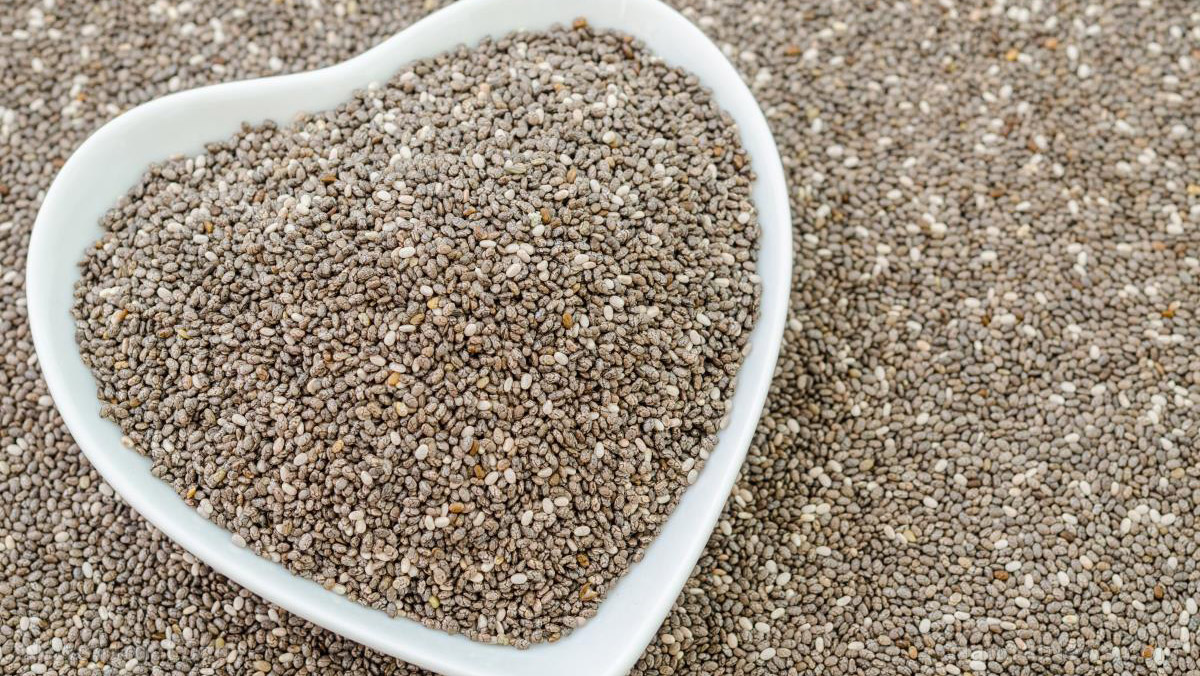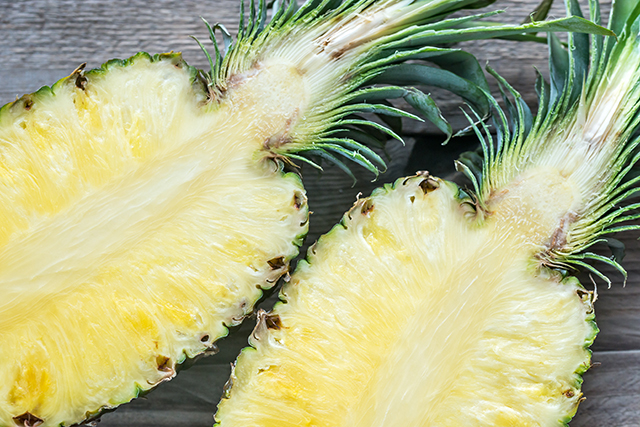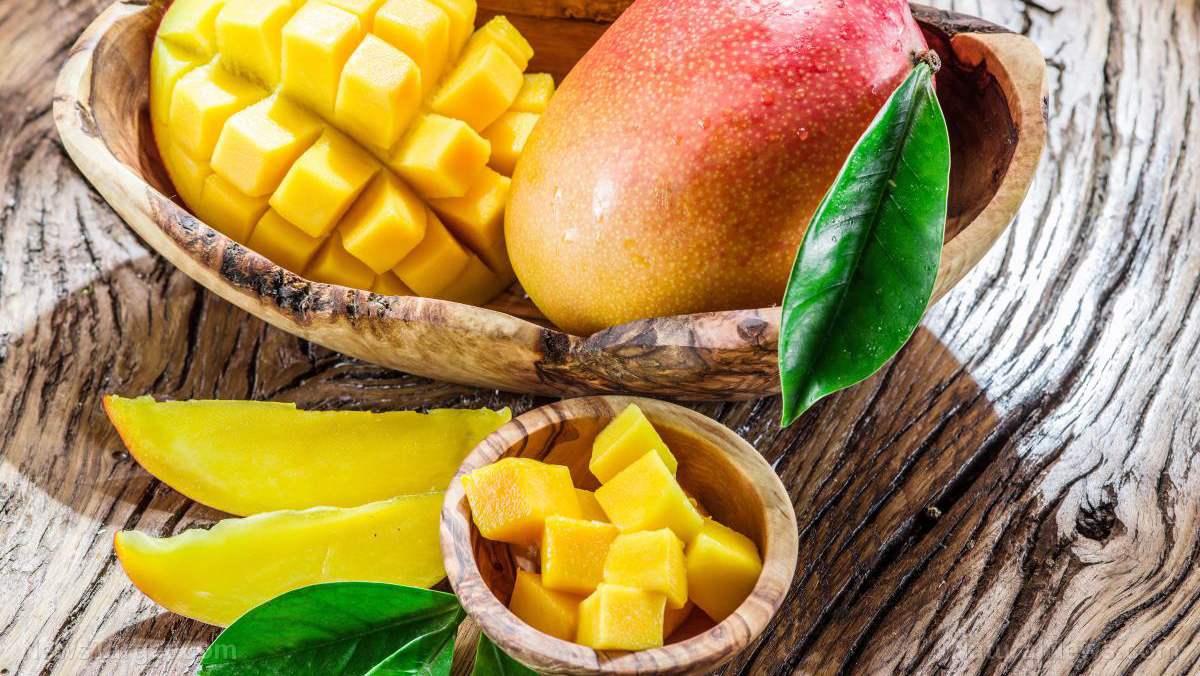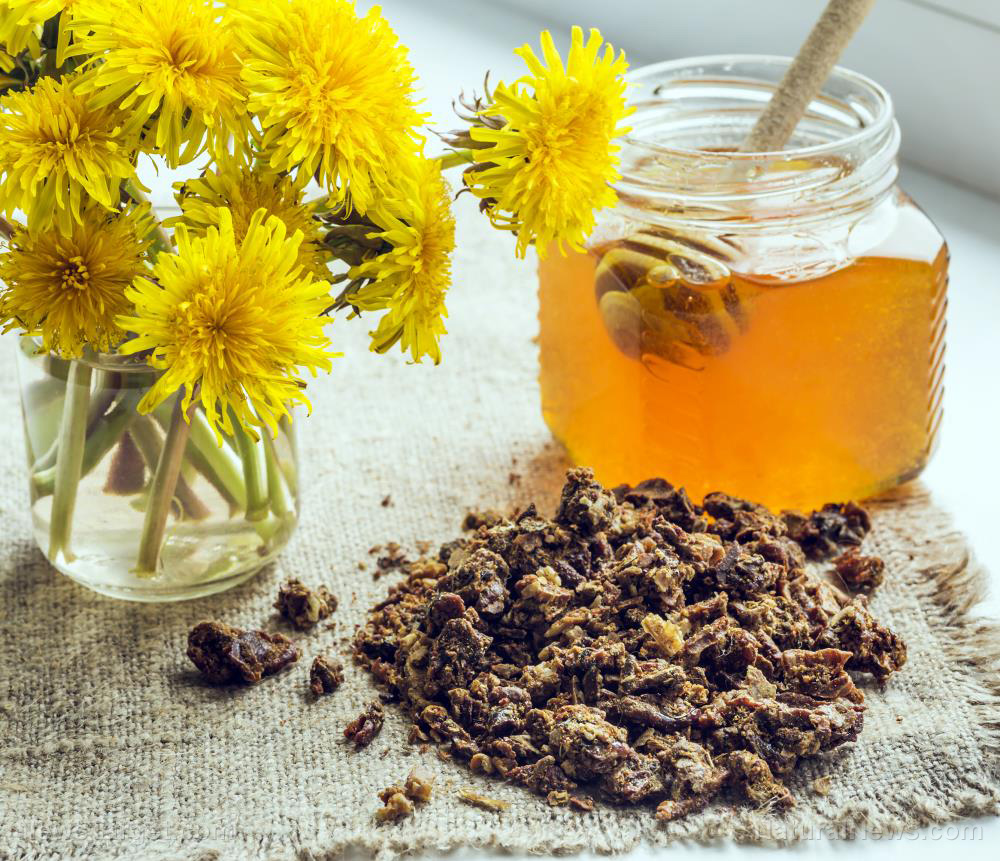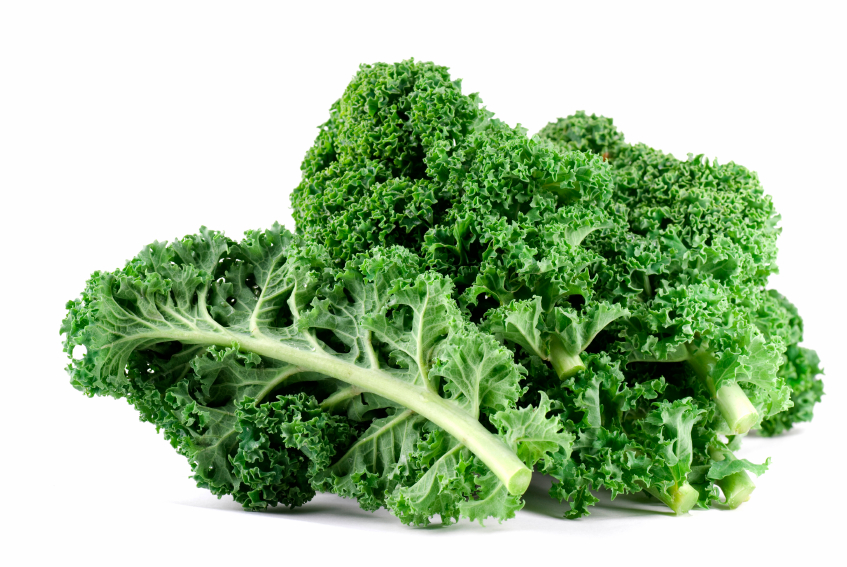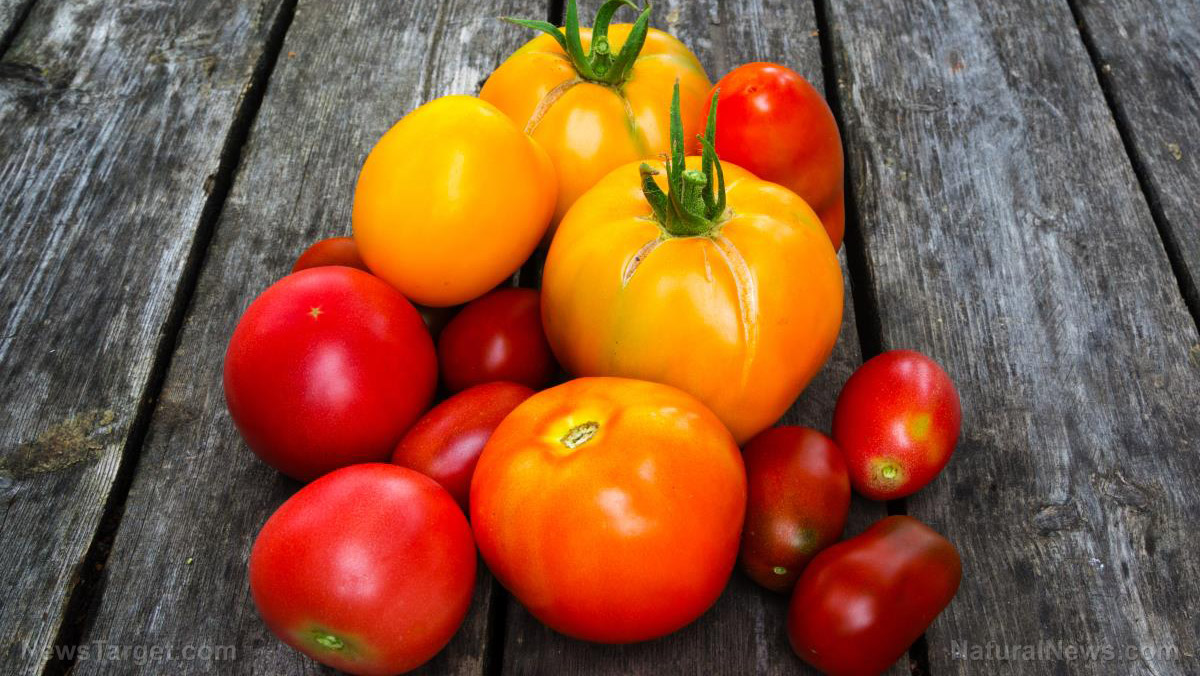Foods, herbs and spices that help reverse insulin resistance
02/06/2018 / By Zoey Sky
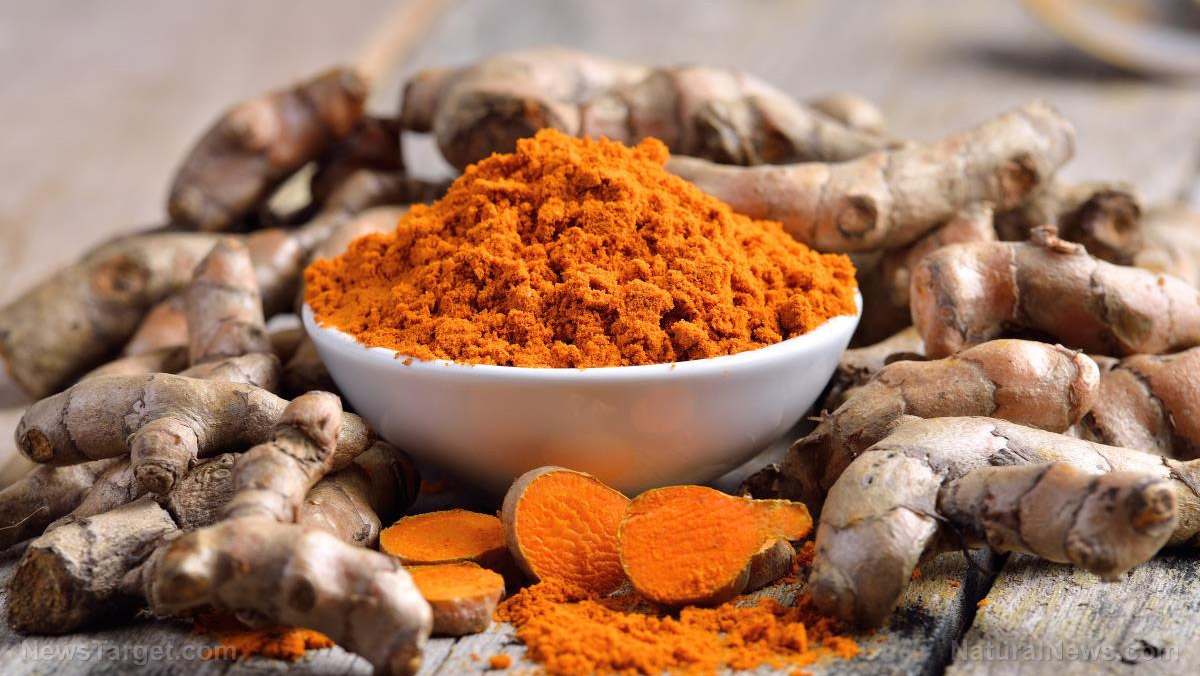
According to an article on GreenMedInfo.com, patients with diabetes no longer need to rely on drugs to manage their blood sugar. Eating the right combination of “food[s], herbs, and spices” can help boost their insulin sensitivity.
The hormone insulin makes cells “open up” and take in glucose from the blood, but with insulin resistance, cells are desensitized to insulin. This forces the body to produce more glucose, which cells refuse to take in. The end result is your insulin levels rising above the normal levels.
Chronically high insulin levels may lead to “rapid weight gain, premature aging, high blood pressure, heart disease, and higher cancer risks,” and, eventually, type-2 diabetes.
These eight herbs, spices, and foods can help restore your cells’ sensitivity to insulin. (Related: Research: Reduce insulin resistance with omega-3 fatty acids.)
- Berries — Studies have confirmed that after eating berries, the body “needs less insulin for sugar balance after a meal.” Eat strawberries, bilberries, lingonberries, chokeberries, cranberries, and blackberries.
- Berberine –– A bitter compound found in the roots of several plants like goldenseal, barberry, and Oregon grape, studies show that berberine is almost as effective as prescription diabetes drugs. Participants who took berberine “significantly decreased their fasting blood glucose, and their after-meal blood glucose.” Berberine also minimized both fasting and post-meal blood glucose levels and the patients’ insulin resistance went down by 45 percent. In a separate study, berberine proved to be just as effective as “metformin, glipizide, and rosiglitazone,” three of the top diabetes drugs on the market. Berberine has the bonus of not having any serious side effects.
- Black Seed (aka Nigella sativa) — In a study, 94 diabetic patients who received two grams of Nigella sativa capsules showed “significantly reduced fasting blood glucose and insulin resistance.”
- Cinnamon — Cinnamon helps normalize blood sugar levels in type-2 diabetics by improving a patient’s ability to respond to insulin. Cinnamon or cinnamon extracts help lower fasting blood glucose levels.
- Ginger — Participants in a study that received three one-gram capsules of ginger powder reduced their fasting blood sugar by 10.5 percent. In a separate study, it was confirmed that 1600 milligrams (mg) of ginger per day boosted eight markers of diabetes such as insulin sensitivity.
- Olive leaf extract — In a study, a group that received capsules containing olive leaf extract lowered their insulin resistance by at least 15 percent. Olive leaf extract also boosted the productivity of the insulin-producing cells in the pancreas by 28 percent. The extract has the same effect as “common diabetic therapeutics” such as metformin.
- Spirulina — In a randomized study of insulin-resistant patients, participants who received 19 g of spirulina daily increased their insulin sensitivity by a whopping 224.7 percent.
- Turmeric — In 2009, a study determined that curcumin, an active compound in turmeric, was “500 to 100,000 times more effective than the prescription drug [m]etformin at activating glucose uptake.”
Other foods that can boost insulin sensitivity
Here are other foods that you can eat to help boost your insulin sensitivity:
- Soluble fiber — Soluble fiber is responsible for many of the benefits of fiber such as lowering cholesterol and reducing appetite. Foods rich in soluble fiber include legumes, oatmeal, flaxseeds, vegetables like Brussels sprouts, and fruits like oranges.
- Colorful fruits and vegetables — Colorful fruits and vegetables are full of plant compounds that have antioxidant properties. Eating “a diet rich in plant compounds is linked to higher insulin sensitivity.” Remember not to eat too much fruit because some types are high in sugar.
- Green tea — Drinking green tea can increase insulin sensitivity and reduce blood sugar. The increase in insulin sensitivity associated with green tea could be caused by the antioxidant epigallocatechin gallate.
- Apple cider vinegar (ACV) — ACV can help increase insulin sensitivity by improving insulin’s effectiveness and delaying food release from the stomach, which gives insulin more time to act.
You can learn more about other foods that can help reverse insulin resistance at Cures.news.
Sources include:
Tagged Under: berberine, berries, black seed, cinnamon, diabetes, diabetes science, ginger, Herbs, insulin resistance, medicinal herbs, natural medicine, nigella sativa, Olive Leaf, remedies, reversing insulin resistance, spirulina, turmeric


